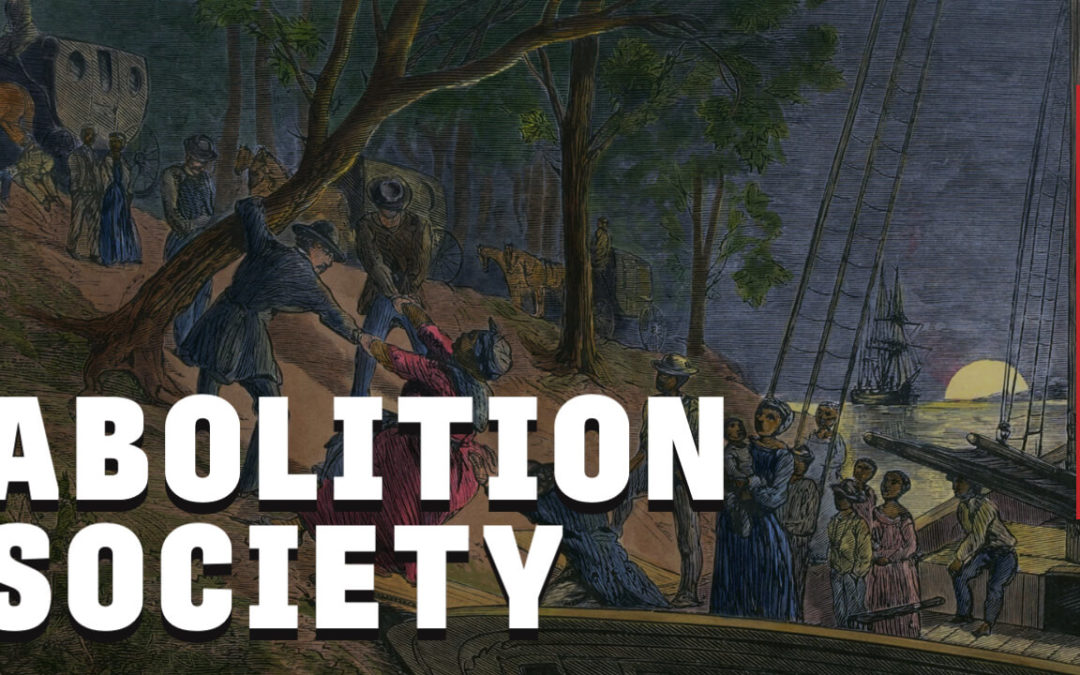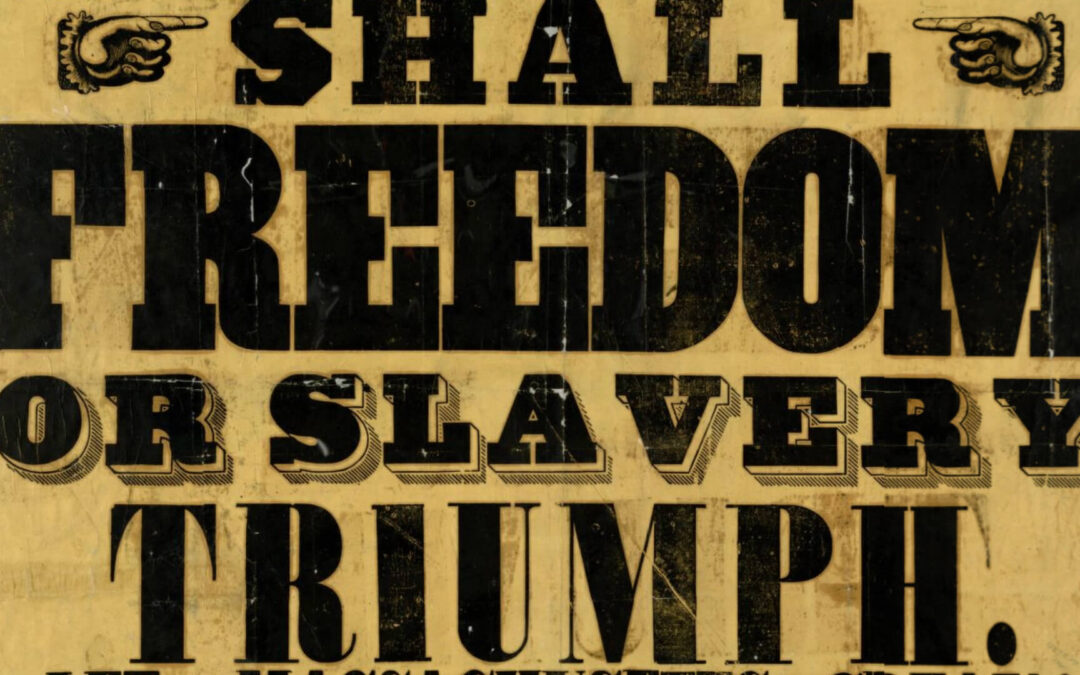

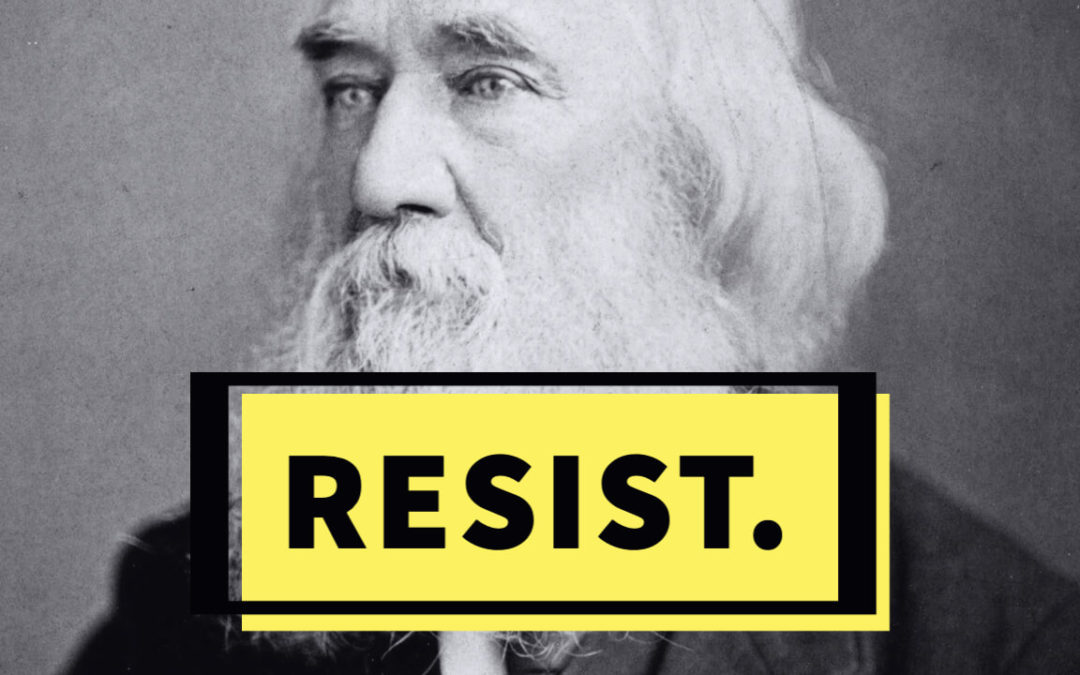
Spooner’s Strategy to Stop Usurpation
In his 1850 pamphlet, “A Defence for Fugitive Slaves,” Lysander Spooner gave us a strategy for how to stop unconstitutional acts: resist. But the philosophical foundation he built this on was nothing new under the sun. In fact, the famed anarchist was merely...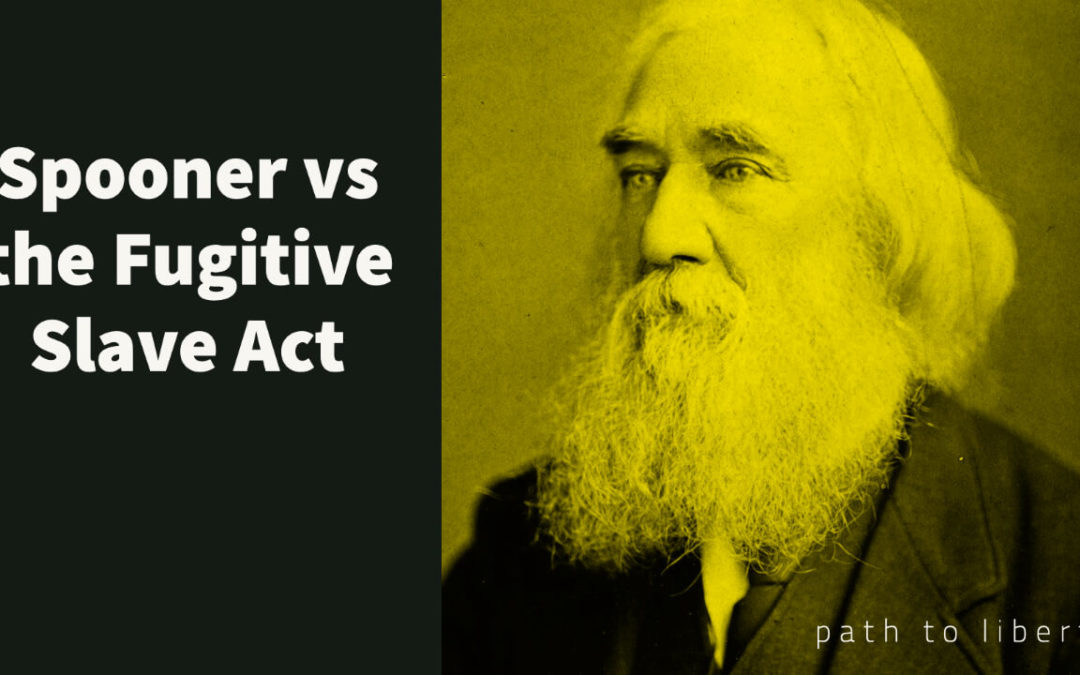
Lysander Spooner vs the Fugitive Slave Act
Author of one of the most widely circulated and read abolitionist books, Lysander Spooner railed against the constitutionality of slavery in the mid-19th Century. Included was his takedown of the Fugitive Slave Acts of 1793 and 1850 – with 7 main objections...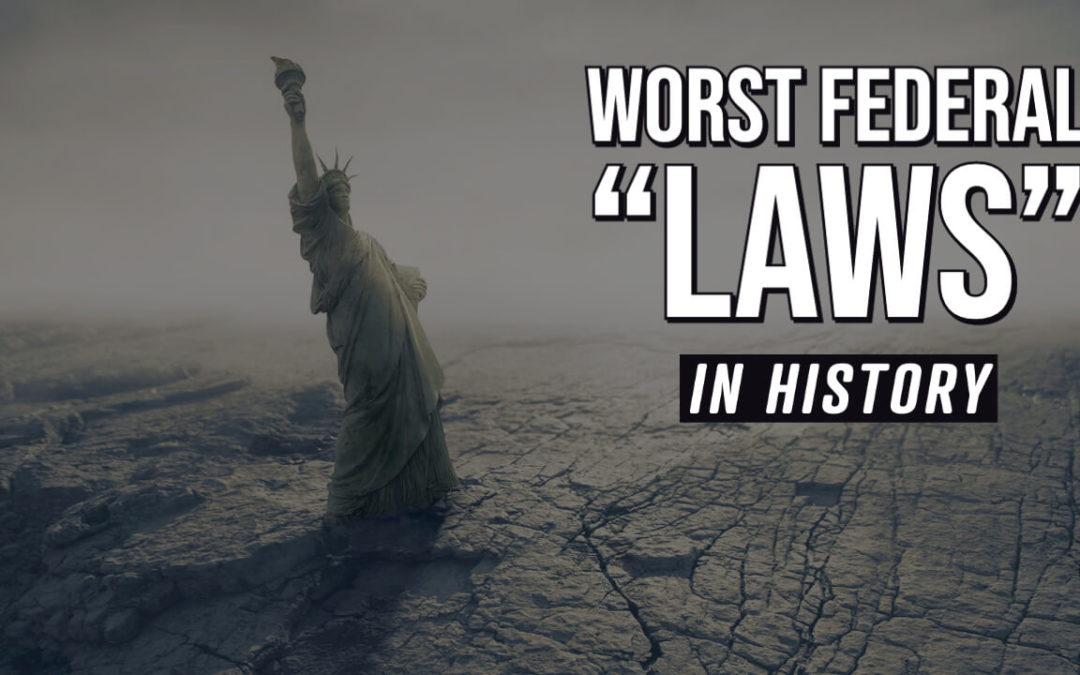
The 5 Worst “Laws” in US History?
What are the worst federal “laws” ever? Living under the largest government in the history of the world, there are plenty to choose from. The hardest part is narrowing it down to the top-5 – ranging from central banking, gun control, surveillance and more. Path...